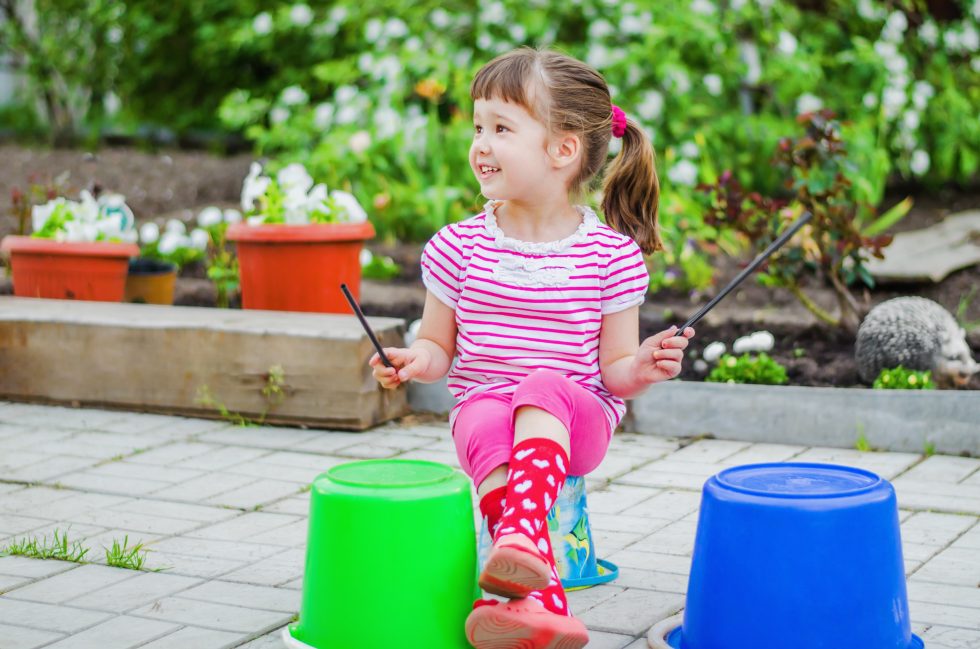
The Positive Effect of Meltdowns
Can meltdowns be positive?
Can you imagine life where no one gets cross? Where there are whole days and weeks of no tears or raised voices? Wouldn’t it be bliss!
Or would it? You see, the truth is that children cannot manage conflict without experiencing conflict. These (adapted!) words of the famous children’s book say it all.
‘Uh-uh!
A meltdown
A noisy, horrid meltdown.
We can't go over it.
We can't go under it.
Oh no!
We've got to go through it!’
There is no short cut. When meltdowns happen, we have to help our children go through them. We need to view meltdowns as a learning process rather than an unwelcome interruption.
Thinking paralysis
Children cannot master meltdowns on their own. Why? This is because meltdowns shut down a child’s ability to think clearly. This same loss of reasoning happens when we are angry as adults, when we might blast off an angry email and regret it deeply later! Amygdala hijack is the term for this temporary ‘thinking’ paralysis. When a child experiences amygdala hijack, their voluntary thinking skills shut down immediately. Think ‘meltdown’ in the supermarket!
What part do we play?
Our role is to bring our child back from that place of temporary paralysis and restore their power to think.
Triggers
Work out what triggers your child’s meltdowns. Avoid visits to friends if your child is over-tired. Leave the shopping if they are hungry.
What do we do when our child is becoming angry?
- We accept their feelings. We want them to feel acknowledged and understood, rather than unacknowledged and misunderstood. ‘You look cross and upset.’ Speaking these words to your child will start the process.
- Wait! You may need to wait several minutes, or even longer. Say to your child, “I’m just here, in this chair.” “I’m going to sit over here by the window.” And settle down to wait.
- While your heart may be racing, especially if you are being watched (and you are feeling judged) by other people, be calm. Self-regulate. Breathe. Tell yourself, “It’s ok and it’ll be over soon.” “I’ll laugh about this later.”
- When your child is ready, hug them and give them any reassurance that they need. Meltdowns are hard work and very tiring!
Meltdowns are part of your child’s learning
Meltdowns are inevitable because they stem from intense feelings of tiredness, hunger or frustration. They aren’t going to go away. And they are a learning process for your child, however unpleasant it may feel for both of you. And so, next time your child has a meltdown, square your shoulders and seize this learning opportunity. Accept your child’s feelings, wait and breath deeply! It will pass and you’ll be out the other side of the meltdown. The more peaceful you can remain, the quicker the meltdown will be over.
When little people are overwhelmed by big emotions, it’s our job to share the calm, not to join their chaos.
L.R. Knost
Further Reading
Get in Touch
Have any questions?
We’d love to hear from you!





